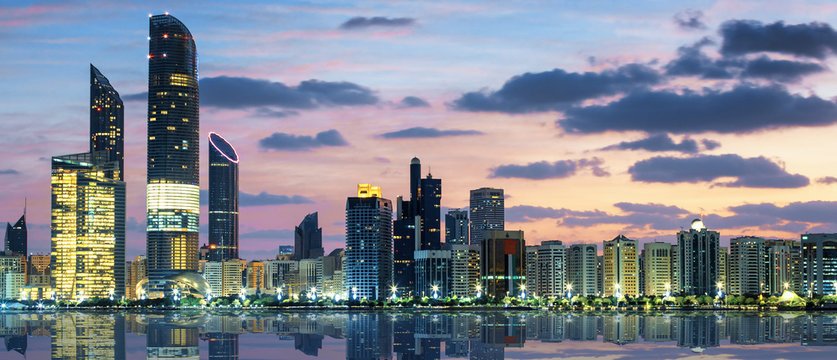Free zones are designated areas in the United Arab Emirates that Gives unique regulations regarding the supply of goods inside the territory for the purpose of value-added tax (VAT). They are essential elements of the nation’s economic environment, which helps to advance this economic growth and stature internationally. These zones, which were created to diversify the economy away from reliance on oil, are essential for promoting global trade, foreign investment, and economic expansion.
Abu Dhabi, the capital of the United Arab Emirates, serves as an international hub for commercial and industrial development. Abu Dhabi, like Dubai, having set up a number of free zone areas to encourage international investment and strengthen the local economy. Organizations or companies that operate in free zone benefit from the customized business facilities, geographical position, and cheap operating costs. Abu Dhabi is ranked 9th globally and 2nd regionally in the economic performance index of the IMD World Competitiveness Yearbook (2020).In 2020, ADIO launched the AED 2 billion ($545 million) Innovation Programme that provides incentives to businesses within the emirate’s high-growth areas.
The businesses that are covered by Abu Dhabi’s free zones include small companies, media, and logistics. Right now, entrepreneurs and business owners have the option of setting up their enterprises in any of the following zones:
• Abu Dhabi (Media Free Zone Authority)
• Twofour54 Abu Dhabi
• Masdar City Free Zone
• Abu Dhabi Air ports Free Zone (ADAFZ)
• Abu Dhabi Global Market (ADGM)
• Khalifa Industrial Zone Abu Dhabi (KIZAD)
An independent Free Zone Authority (FZA) regulates each of the free zones in Abu Dhabi and is in charge of granting business establishment permits to businesses operating within the zones.





